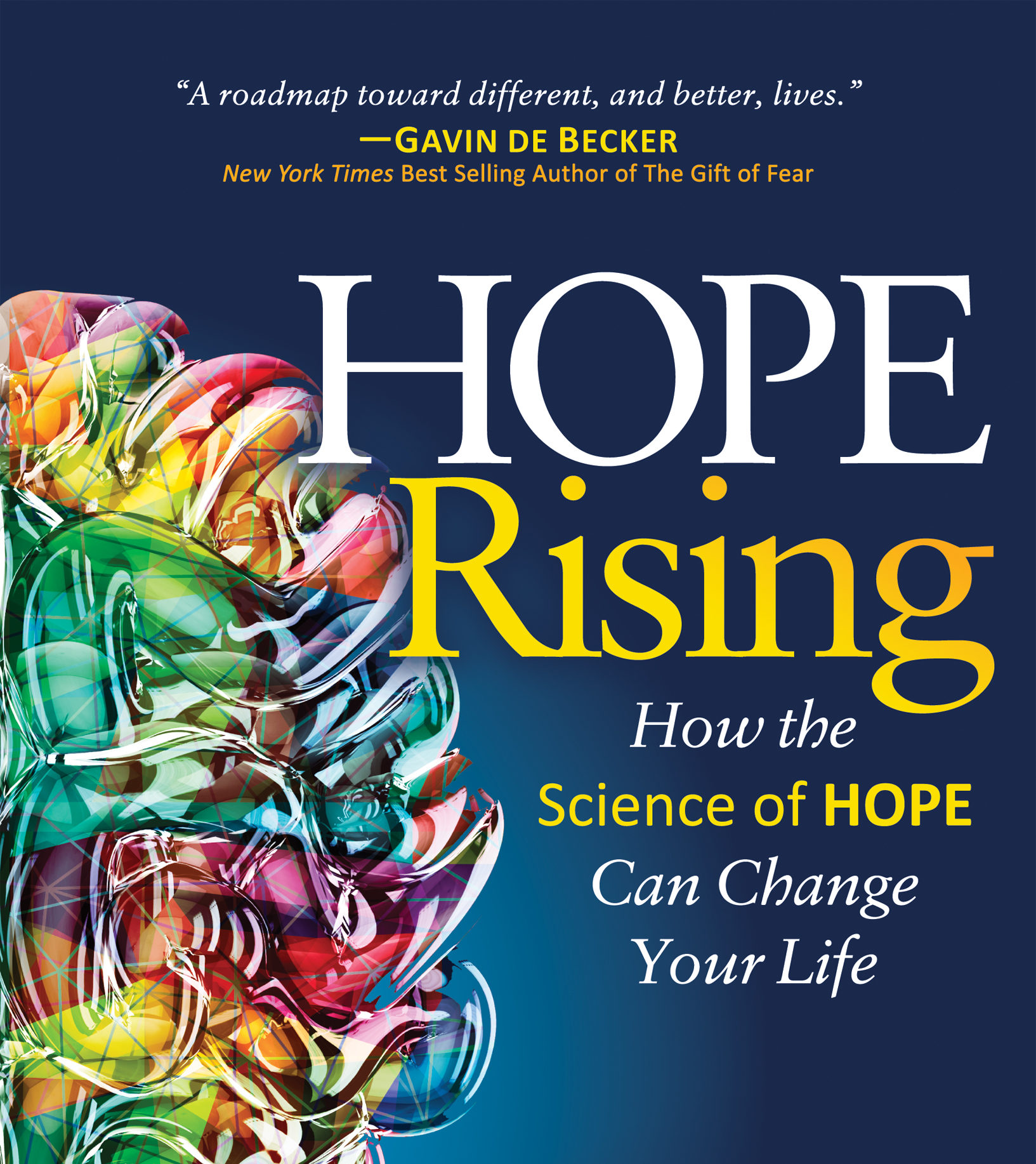It is Domestic Violence Awareness Month but the headlines just keep coming. “A Police Officer Shot a Man After Responding to a Domestic Disturbance Report.” “Off-duty SD officer fatally shot during domestic dispute.” Police One, a law enforcement sponsored website even has a category called “Domestic Disturbance.” One of their recent articles? “Texas officer fatally shot during domestic disturbance call.” And it is not only the media or law enforcement chronicles that describe life and death incidents with such minimizing phrases. The Federal Bureau of Investigation has a category in their tracking of officers killed in the line of duty, called “Family Disturbances.” The reality is life and death domestic violence incidents occur every day in this country but we as a culture have perfected the art of minimizing the very nature of the incidents. It is only a “domestic dispute” or even the more abbreviated version, a “domestic.” It is just a “family disturbance.” It does such a disservice to the truth. When my wife and I cannot agree on where to go for dinner, that is a domestic dispute. When, my kids are yelling in the backyard and the dog is barking as they yell, that is a family disturbance.
But our characterizations of “domestic disputes” and “family disturbances” do not portray the terror and violence that leads to death, maiming, and even mass murder so much of the time. Police officers die. Women die. Children die. Men die. Totally unrelated bystanders and intervenors die.Where did such minimization come from? Why don’t we always call it ‘domestic violence’ when there is violence occurring? Why do we maintain this language of minimization and demean the very incidents that hold such heartbreak, rage, terror, and death? It is a powerful remnant of decades and even centuries of disrespect and dishonor for women and girls. How can that be? Aren’t reporters and incident recorders simply using dictionary definitions?
The dictionary definitions generally use something like this: “A domestic dispute is generally any quarrel, which may or may not include violence, within a family or between members of the same household.” But do not forget where dictionary language comes from. Dictionary definitions of any kind pick up language from the culture, ingrained notions that have found their way into our day to day lexicon. The courts use the phrase as well such as a recent case where the judge wrote that: “In a domestic disturbance an officer has every reason to suspect foul play.” So, what is the origin of such phraseology?
For hundreds of years, courts minimized violence in the home. It was generally referred to until less than 40 years ago as a “breach of the peace” or “disturbing the peace” (of others). It harkens back to common law that wives were the property of their husbands and when there was a “disturbance” in the home, it was nobody’s business unless others were disturbed. The vestiges can be easily found in court cases well into the 19th century. In 1868, the North Carolina Supreme Court considered a case of wife beating and declared, “We will not inflict upon society the greater evil of raising the curtain upon domestic privacy, to punish the lesser evil of trifling violence.”
In 1904, the United States Supreme Court recognized that “the husband has, so to speak, a property in the body and right to the personal enjoyment of his wife.” The Court effectively held that such a property right required legal protection to ensure use and enjoyment by the man of his wife.
The feminist movement of the 20th century slowly began to change everything as women gained the right to vote and slowly became “equal” to men under the law. But the vestiges continue today. The phraseology endures of “domestic disturbance”, “family disturbance”, and “domestic dispute.”
It is difficult to change deeply entrenched language and the implicit bias that travels with it. But can we try? Can we challenge reporters to stop using this language? Can we challenge the FBI to change their categories and eliminate “family disturbance” as a type of call that officers die from? Can we ourselves refuse to let law enforcement entities or others get away with such language?
Our duplicity in the prolific use of such language perpetuates centuries of misogyny and the demeaning of so many. It disrespects women who are the primary victims of domestic violence. And it demeans the sacrifice of law enforcement officers who die responding to domestic violence calls. We can do better. We can reject such implicit and unrecognized bias. Let’s pledge to reach out to every reporter and call out minimizing language about terror, power and control, and abuse whenever needed, committing to end the demeaning and minimization of domestic violence in the media.
Let’s call it what it is: It is domestic violence.
Casey Gwinn is the President of Alliance for HOPE International. He is the former San Diego City Attorney and the author of a new book called Hope Rising: How the Science of HOPE Can Change Your Life. #DVAM

Thank you for writing about the minimizing language often used by systems involved in providing services for domestic violence.
I live in a province in Canada women are told ‘keep your knees together’.
So, it’s great to see written statements that are accurate and realistic.
Thank you.
perdere peso in una settimana
наркомания спайс – кодирование алкозависимых, лирика таблетки зависимость
купоны яндекс директ втб – купоны яндекс директ что это такое, промокод яндекс директ альфа банк
подготовка к егэ по физике – подготовка к сочинению, репетитор по химии
here are the findings гидра сайт
visit homepage empire market dark
you could try here empire market dark
Установка распределительных коробок защищает провода от случайного повреждения. Материал с сайта electrotorg.ru